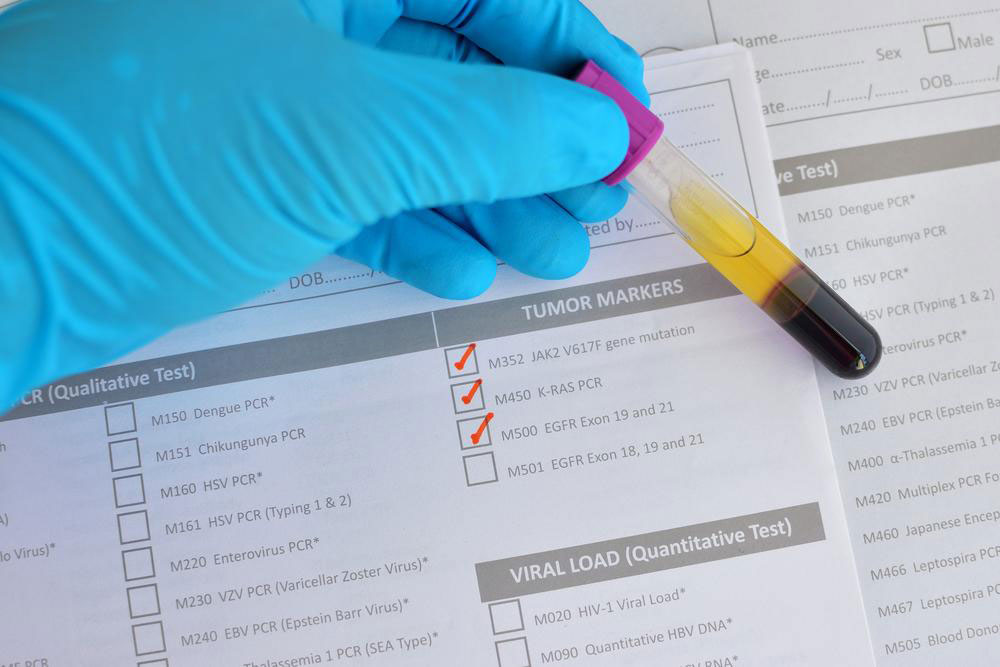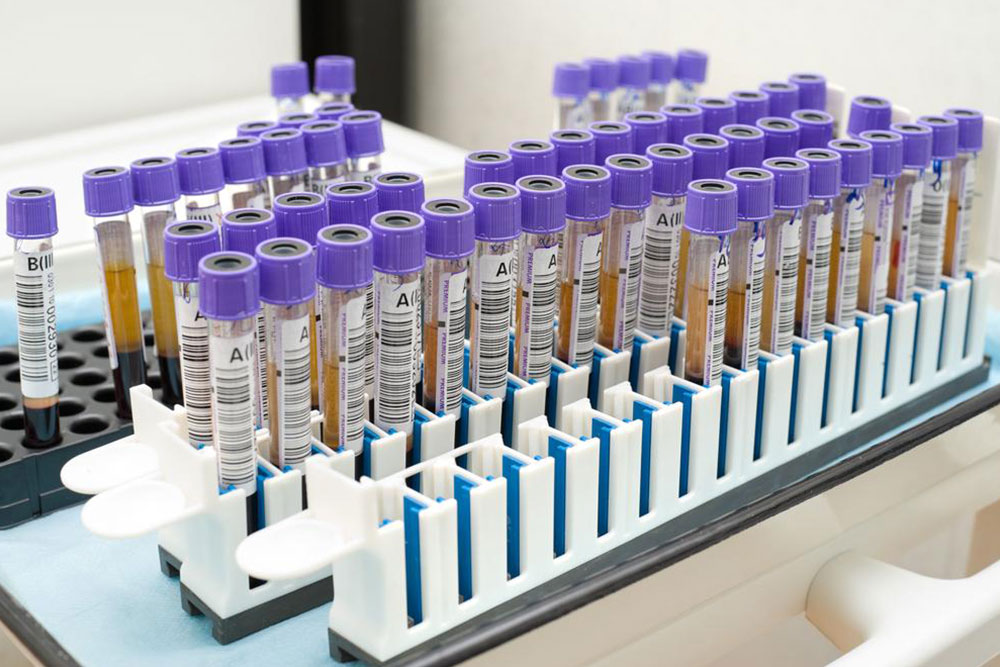Understanding Age-Dependent PSA Reference Levels for Prostate Health
This article explores the concept of age-specific PSA levels for prostate health, emphasizing their benefits and limitations. It highlights the influence of ethnicity on PSA ranges and underscores the necessity of supplementary diagnostic methods for accurate detection of prostate cancer. The piece provides a clear overview of PSA level variations across age groups and discusses factors affecting test results, aiding men and healthcare providers in making informed decisions about prostate health monitoring.
Sponsored

The use of age-specific PSA levels is a valuable approach for early prostate cancer detection, yet it remains a topic of debate among medical professionals. This is mainly because PSA test results can sometimes be inconclusive. Although many experts believe that increases in prostate size, PSA levels, and age are interconnected, there are cases where age-related PSA testing does not successfully identify cancer, making it a controversial method.
Influence of Ethnicity
It's also important to recognize that PSA levels may vary across different ethnic groups.
For example, PSA levels for men aged 40 to 49 can differ based on ethnicity. Below is an overview of typical PSA ranges for different races:
Men aged 40-49
Caucasian: 0 to 2.5 ng/mL
African American: 0 to 2.0 ng/mL
Asian American: 0 to 2.0 ng/mL
Men aged 50-59
Caucasian: 0 to 3.5 ng/mL
African American: 0 to 4.0 ng/mL
Asian American: 0 to 3.0 ng/mL
Men aged 60-69
Caucasian: 0 to 4.5 ng/mL
African American: 0 to 4.5 ng/mL
Asian American: 0 to 4.0 ng/mL
Men aged 70-79
Caucasian: 0 to 6.5 ng/mL
African American: 0 to 5.5 ng/mL
Asian American: 0 to 5.0 ng/mL
Limitations of Age-Based PSA Testing
Age-adjusted PSA levels alone cannot definitively diagnose prostate cancer. Many cases involve men with normal PSA levels who still have the disease. Therefore, additional procedures such as prostate biopsies and digital rectal exams are often necessary for confirmation. Elevated PSA levels can also be caused by factors like infections, recent ejaculation, medical procedures, urinary infections, or vigorous physical activity, complicating interpretation.
Advantages of Age-Related PSA Monitoring
One major benefit of age-specific PSA testing is enhanced ability to monitor and manage prostate health over time. While PSA tests are helpful, combining them with other diagnostic methods provides a more comprehensive assessment.






